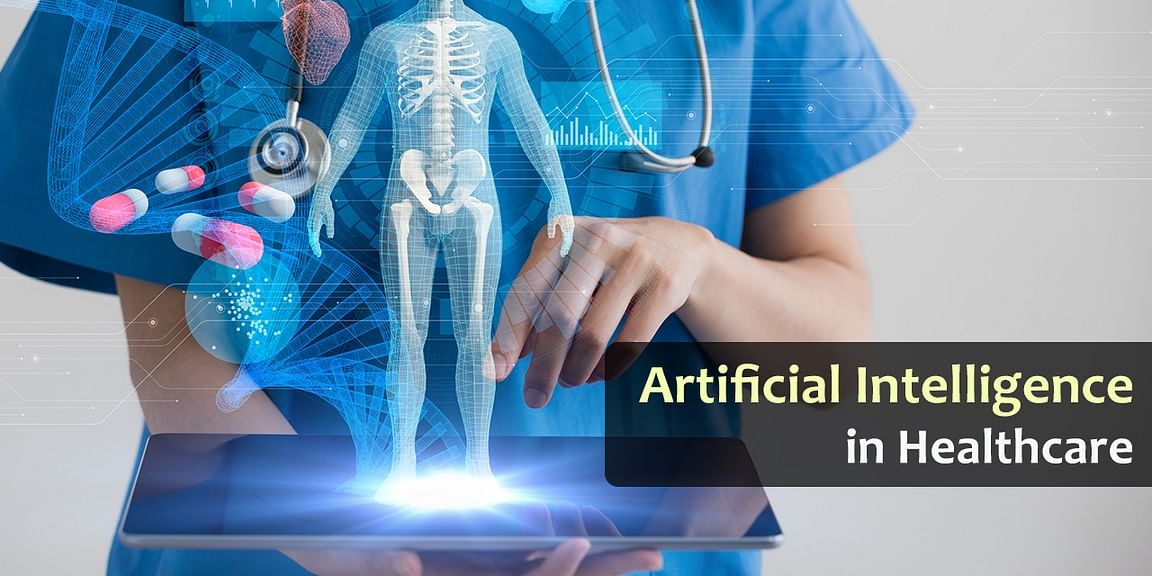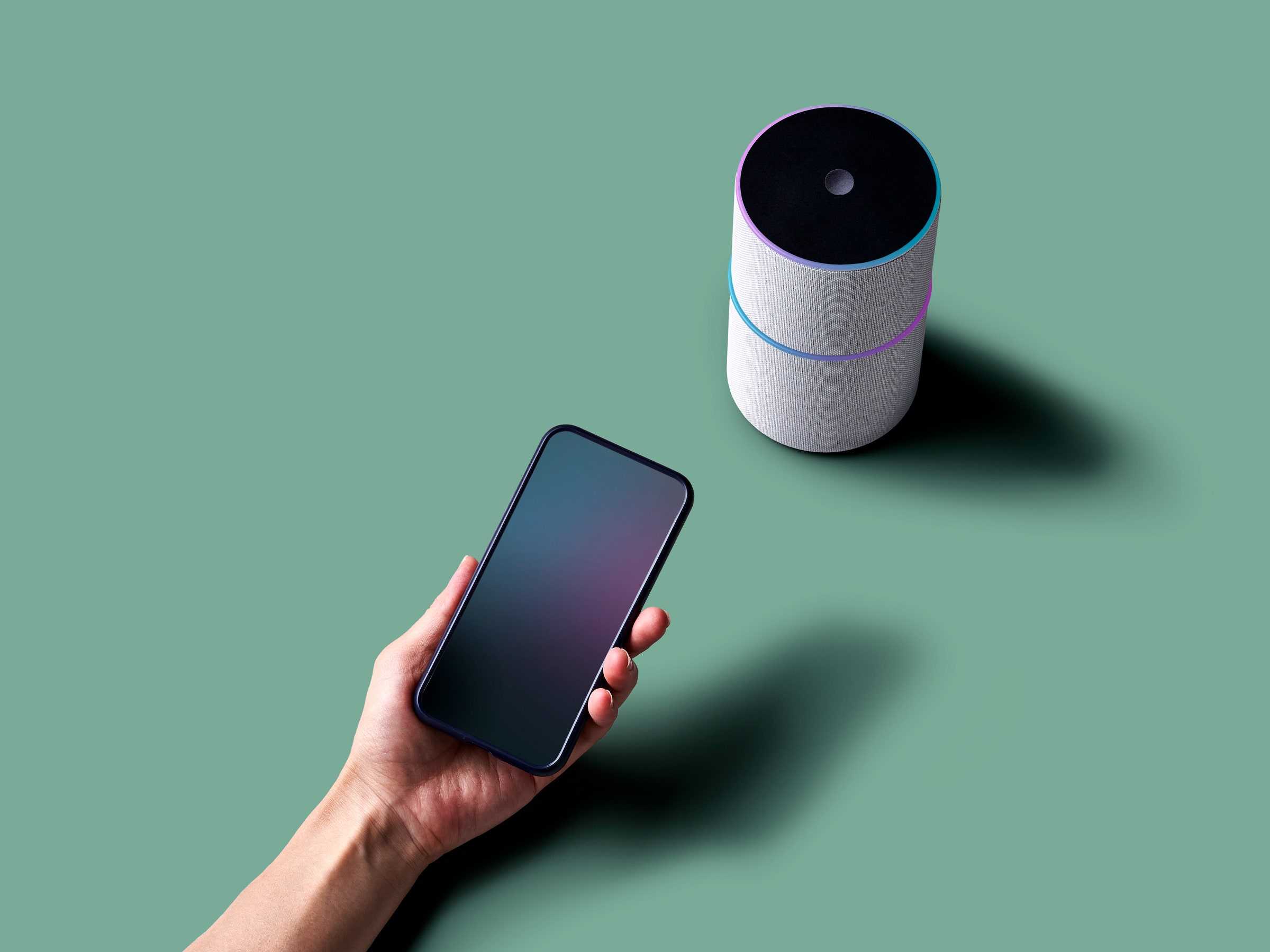Artificial intelligence (ai) applications in healthcare improve efficiency, accuracy, and patient outcomes. Ai transforms the healthcare sector by revolutionizing areas such as diagnosis, treatment planning, monitoring, and personalized medicine.
These advancements help healthcare professionals make better decisions, leading to improved patient care and reduced healthcare costs. With ai, medical professionals can analyze vast amounts of patient data, detect patterns, and identify potential risks or opportunities for early intervention. Ai-powered systems can streamline administrative tasks, automate routine processes, and enhance the overall patient experience.
By leveraging ai, healthcare providers can deliver more precise diagnoses, optimize treatment options, and improve patient safety. Overall, ai applications in healthcare promise great potential in revolutionizing the industry and enhancing patient care.

Credit: gleneaglesglobalhealthcitychennai.com
Enhancing Diagnostic Accuracy
Artificial intelligence (ai) is revolutionizing healthcare by enhancing diagnostic accuracy with the use of advanced algorithms. These algorithms utilize machine learning to detect and diagnose diseases, improving the accuracy of medical imaging analysis. By analyzing vast amounts of medical data, ai systems can identify early-stage diseases and provide timely interventions.
This technology has the potential to transform healthcare by enabling quicker and more accurate diagnoses, leading to improved patient outcomes. With ai algorithms working alongside healthcare professionals, the accuracy and efficiency of diagnosis can be significantly enhanced. As ai continues to evolve, its applications in healthcare are expanding, bringing immense benefits to both patients and medical professionals alike.
From detecting diseases to predicting treatment outcomes, ai is revolutionizing the future of healthcare.
Personalizing Patient Treatment
Personalizing patient treatment involves tailoring plans according to patient-specific data. Ai tools can predict patient outcomes and recommend personalized therapies and interventions. By analyzing vast amounts of data, ai enables healthcare providers to offer treatment plans that take into account individual patient needs and characteristics.
This approach maximizes the chances of successful outcomes and minimizes the risk of adverse effects. With ai-powered algorithms, healthcare professionals can make informed decisions based on data-driven insights, ensuring that each patient receives personalized care. By leveraging the power of ai applications in healthcare, personalized treatment becomes a reality, improving patient experiences and overall healthcare outcomes.
With the potential to revolutionize healthcare, ai provides a path towards a more effective, efficient, and patient-centered approach to treatment.
Streamlining Administrative Processes
Artificial intelligence (ai) has revolutionized the healthcare industry, particularly in streamlining administrative processes. By automating paperwork and documentation, ai simplifies and expedites these tasks. Patient scheduling and appointment management are further enhanced through ai, ensuring a smooth and efficient process.
With predictive analytics, resource allocation can be optimized, enabling healthcare providers to allocate their limited resources effectively. Ai takes advantage of data analysis and prediction models to identify patterns and make accurate forecasts, aiding decision-making. Overall, the integration of ai in healthcare not only reduces the burden of manual paperwork but also improves the efficiency of administrative tasks, allowing healthcare professionals to focus more on patient care.
It is evident that ai applications in healthcare are transforming the industry, providing significant benefits to both healthcare providers and patients alike.
Frequently Asked Questions For Artificial Intelligence Applications In Healthcare
What Are The Applications Of Ai In Healthcare?
Artificial intelligence (ai) has various applications in healthcare, such as diagnosing diseases, analyzing medical data, suggesting treatment plans, monitoring patient health, and improving healthcare efficiency.
How Does Ai Help With Disease Diagnosis?
Ai aids in disease diagnosis by analyzing medical images, such as ct scans or x-rays, quickly and accurately. It can detect patterns, identify abnormalities, and provide insights that assist healthcare professionals in making accurate diagnoses.
Can Ai Help In Personalized Medicine?
Yes, ai can contribute to personalized medicine by analyzing vast amounts of patient data, including genetics, medical history, and lifestyle. This analysis helps doctors develop personalized treatment plans and recommendations tailored to an individual’s specific needs.
Conclusion
Artificial intelligence (ai) has revolutionized the healthcare industry, bringing about remarkable advancements in diagnosis, treatment, and patient care. The applications of ai in healthcare are vast and varied, ranging from virtual nursing assistants and medical image analysis to drug discovery and precision medicine.
By harnessing the power of ai, healthcare professionals are able to make more accurate and timely diagnoses, develop personalized treatment plans, and improve patient outcomes. Ai-powered technologies have the potential to reduce medical errors, enhance workflow efficiency, and optimize resource allocation.
The ongoing development and application of ai in healthcare hold great promise for the future. As ai algorithms become more sophisticated and datasets grow larger, the capabilities of ai in healthcare will only continue to expand. However, it is important to remember that ai is not meant to replace doctors and healthcare professionals, but rather to augment their capabilities.
The successful integration of ai into healthcare depends on collaboration between ai experts and medical professionals, ensuring the ethical use and responsible deployment of ai technologies. Ultimately, the adoption of ai in healthcare can lead to better patient care, improved healthcare outcomes, and a more efficient and effective healthcare system overall.

